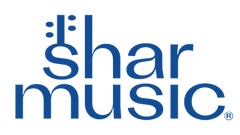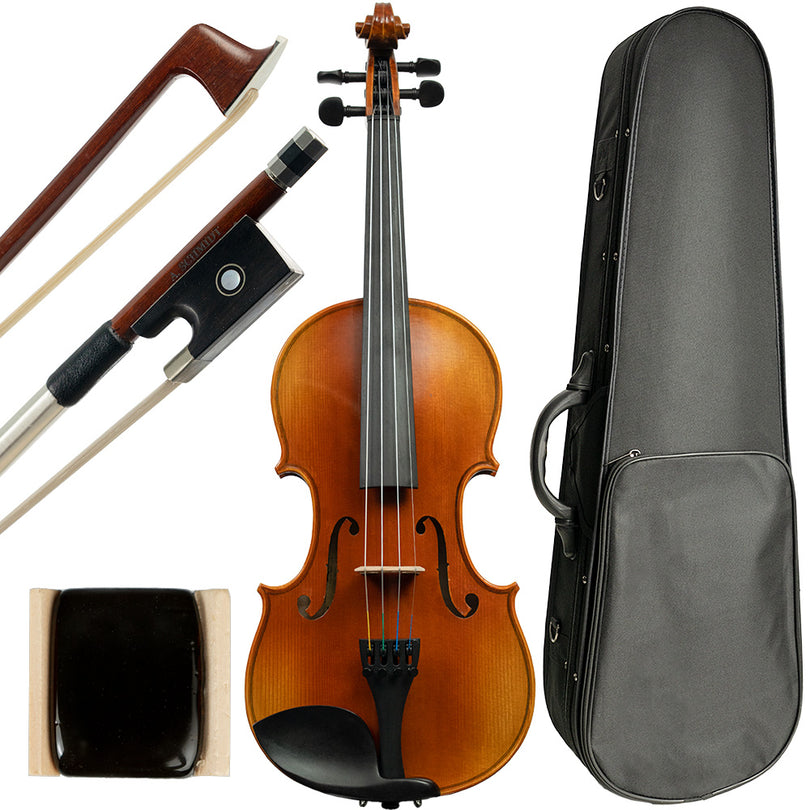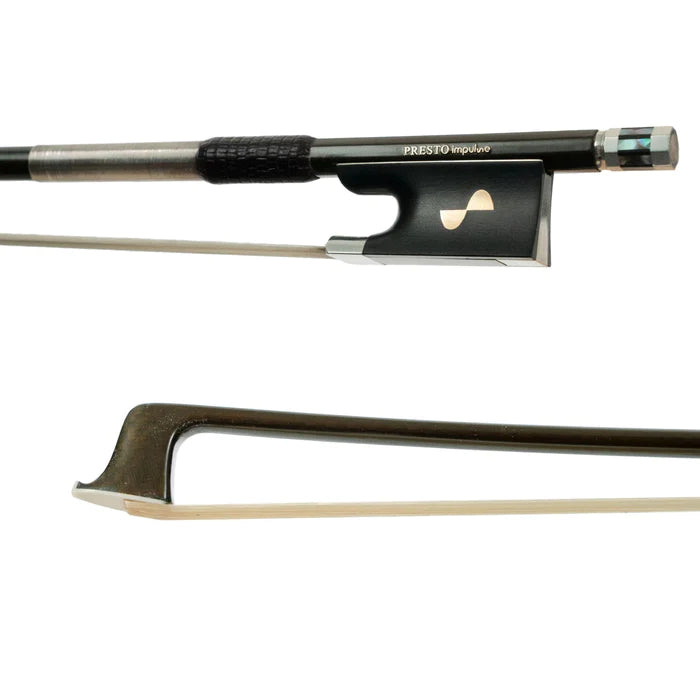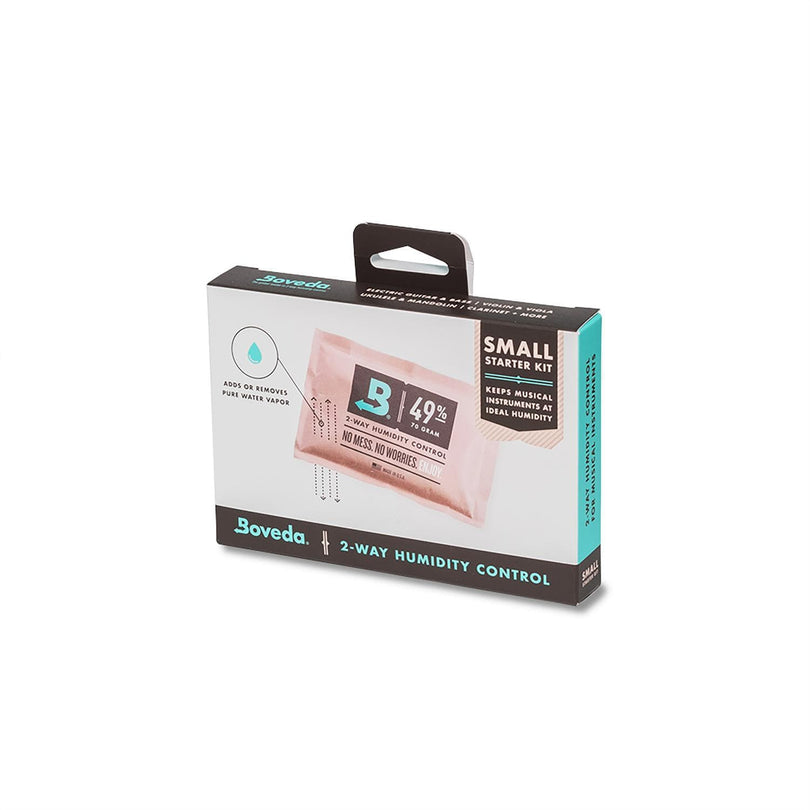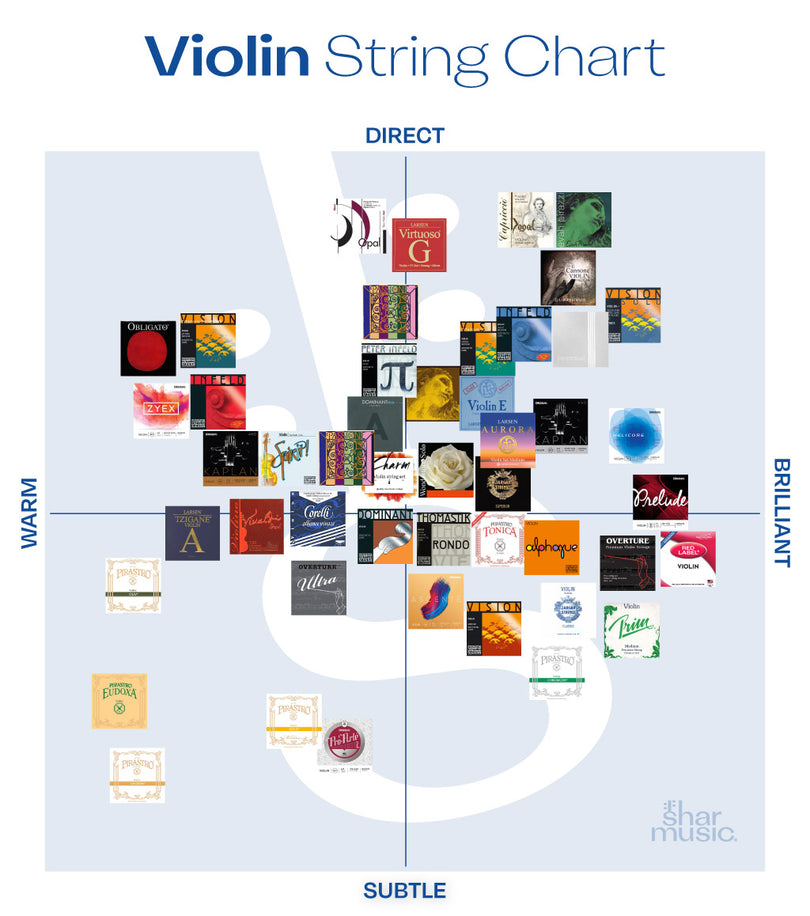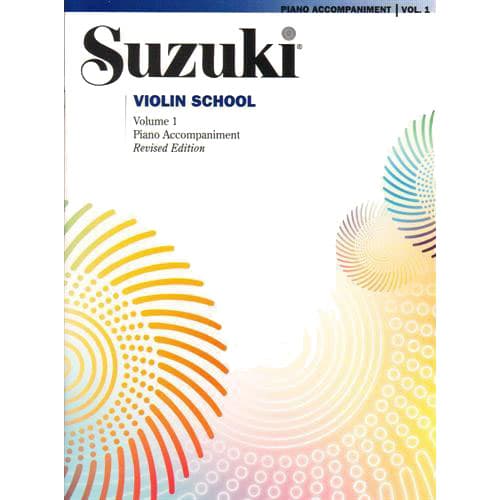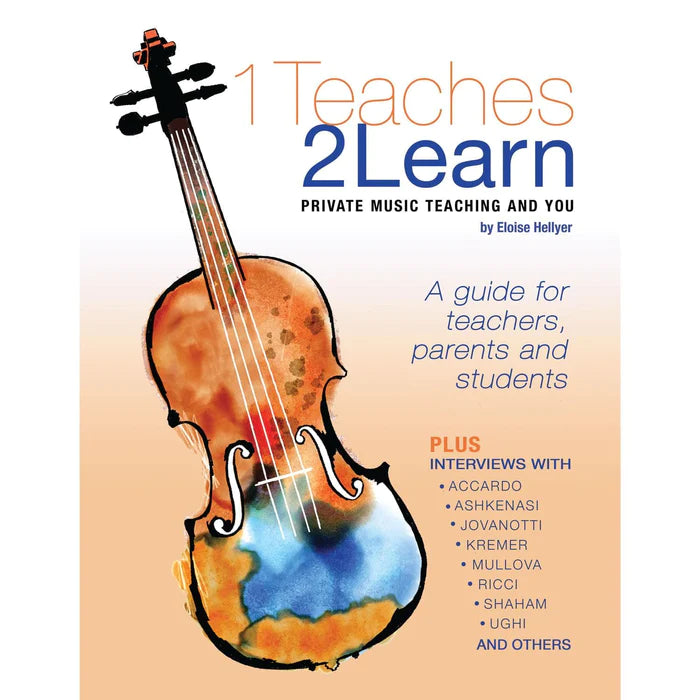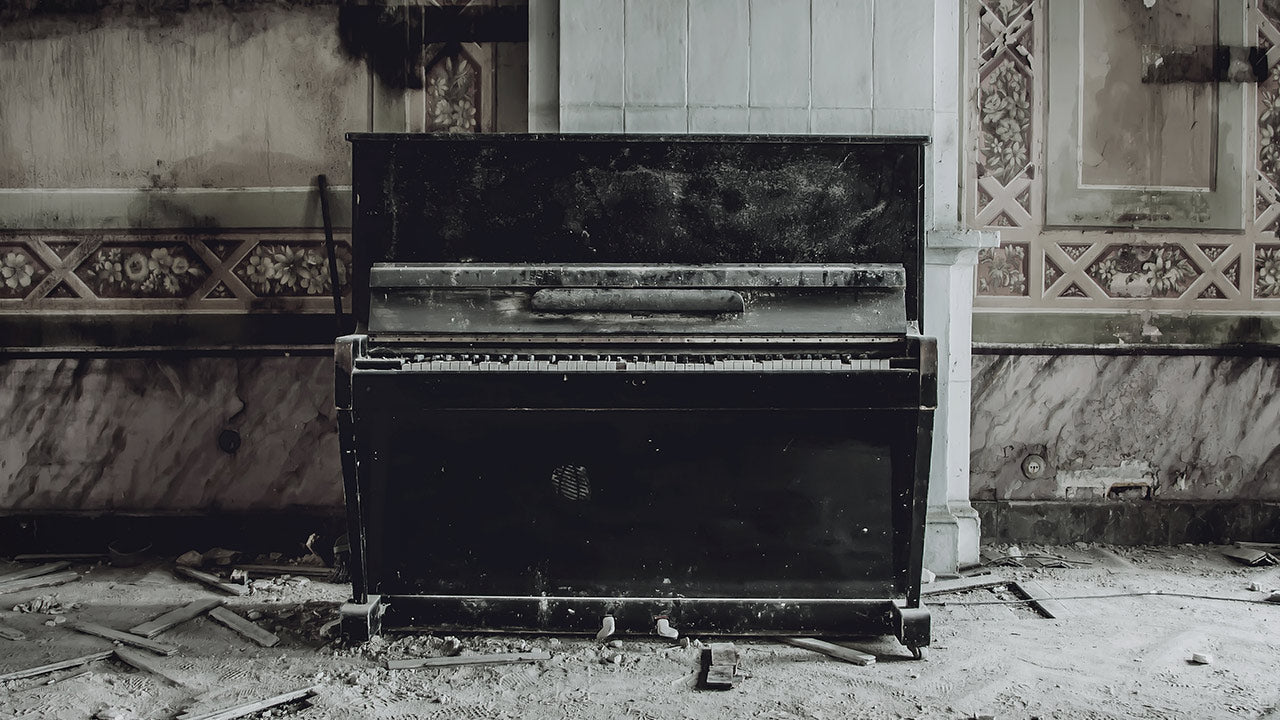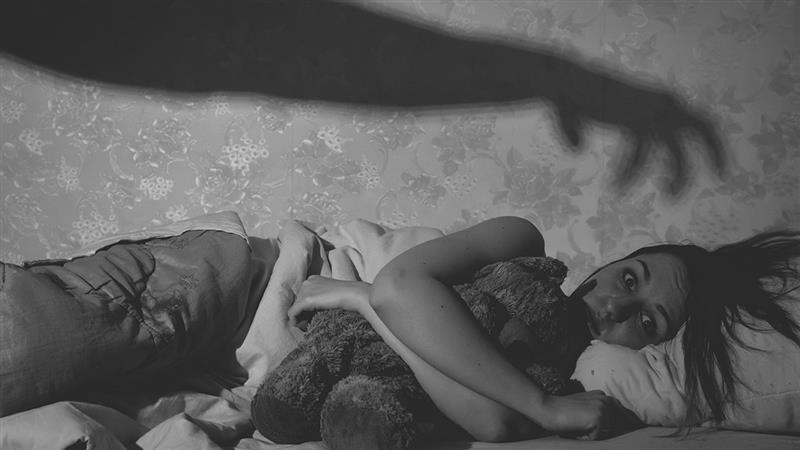This is our third and final piece dedicated to Hispanic Heritage Month 2023. Check out our Hispanic Heritage Month Collection for sheet music, rosin, and instruments made by Hispanic creators!
Violinist Samuel Vargas Teixeira leads a diverse career as a performer, educator, and entrepreneur. He is the winner of the 2021 Sphinx Competition, a 2019 Yamaha Young Performing Artist, and the grand prize winner of the 2019 Georgia Philharmonic Competition, among other accolades. Samuel began his musical career as a student in Venezuela’s El Sistema program under the tutelage of Luis Miguel Gonzalez, and currently studies with Professor Sergiu Schartz at the Schwob School of Music at CSU as a recipient of the Woodruff Award. He is the founder and president of the Samuel Vargas International Music Foundation, an organization committed to enriching communities and society through the power of classical music, emphasizing a holistic approach to music education supporting students in all areas of studies and well-being. Through his passionate work and entrepreneurship, he has founded 8 active Venezuelan chamber orchestras and currently mentors young musicians in the US and South America.
Shar Music’s own Shruthi Kattumenu sat down for an in-person interview with Samuel to discuss his winding and intricate path to becoming a classical violinist, as well as the philanthropy he is involved in providing music to children all over the globe.
Below, edited for length and clarity, is their conversation; you can also watch the full video to get the complete Unvarnished Interview!
Shruthi Kattumenu: Tell us a little bit more about yourself, Samuel.
Samuel Vargas: Currently I’m in Georgia finishing my master’s in Violin performance and I’m also getting my international certificate in musicology. I'm also doing a lot of work in the communities and traveling and with [the Samuel Vargas International Music Foundation].
The foundation itself has an amazing impact across 24 countries where we support students through music education and private lessons, and we provide them for free. On top of that, we are also able to support students by sending boxes of donations of accessories like strings, rosins, shoulder rests, sheet music … it’s really amazing to see how it’s changed the life of a child from playing with a bicycle wire to a real string. Yes, that's something that happened!
Recently, I’m working with Richard Arvid Anderson who is a philanthropist who is sponsoring a new Violin concerti, so I am premiering the commission of works from Latin American composers in the recovery of these amazing melodies … and of course incorporating all of these Latin rhythms.
SK: You have a unique career both as a touring musicians and as a teacher and being an entrepreneur—how do you balance it all?
SV: I think that the key to balance all of these things is to see the commonalities between everything I do and how it’s intertwined so none of the things that I do are separate from each other. It’s also nurturing my solo career, my understanding of music, what I am able to share with others and what I am able to teach, so that I think by understanding this, I just set priorities … I am a visionary by nature so I’m very good at saying ‘okay, all of these things are within the same frame so I will go ahead and do all of that [that is related]' … I also want to share that I am not doing these things on my own or by myself … I have people who support me and people who take care of me. The key to being able to balance a life like the one I have relies in the support and love and trust of others.
SK: What exactly about your interaction with children inspires you?
SV: Once upon a time I was that child. I was that kid that was impacted by one person. I was that kid that was impacted by one program. The vision of the Samuel Vargas Foundation is to provide life-changing opportunities through music education … Imagine a seven-year-old who has no violin, who has to rotate an instrument that doesn’t belong to them with five other children, and then you [give them] their own violin. Just to see the excitement, the passion, the dedication … that is way more valuable than going on stage and performing a violin concerto with an orchestra.
SK: Would you be able to talk a little bit about your experience with El Sistema?
SV: I grew up in Venezuela [and was in] the El Sistema Program, which is a music education program that is known worldwide. El Sistema for me was the family and home that saw me grow in terms of music and it was a life-changing opportunity for me. I wouldn’t have known what being exposed to music was like, what playing an instrument was like, what sharing [music] in an orchestra would have been like without El Sistema.
SK: Pivoting a little bit, I wanted to talk to you about what your experience has been like navigating the classical music space as a Latino, and what advice would you have for other people trying to navigate this area?
Coming from El Sistema, thinking about my race or ethnicity or how I look like was not very important when it came to learning music because it was actually about the music, about the experience. Classical music is not a tradition for any Latin American country or South American country but we also have to remember that Venezuela was a Spanish colony and we are a melting pot of different cultures. I am actually [an example of this] because my mom’s side of the family is Portuguese and my father is Venezuelan, so I am half-and-half and I was able to be exposed to different cultures.
As a Latino, as someone who does not [originally] speak English, not native of [North American] culture, we have a lot to bring to the table, absolutely because of our culture. Everything that we grew up with, our roots, they are all integrated because of human nature. No matter [your] origin, no matter if it's Western European music, Asian music, Indian music, South American music—it’s all still music.
SK: I'm so inspired by all of the projects you have and in your performing career, teaching career, your entrepreneurship—I just wanted to ask what new projects do you have in the pipeline?
SV: I have a few concerts coming up in Brooklyn for the celebration of Hispanic Heritage Month ... in terms of the Foundation we are now trying to build different projects to bring festivals to different South American countries and also probably the first ever International Violin competition to Venezuela. We are also increasing the "branches" of the Foundation to better support more students and other programs around the world ... trying to approach a little bit of psychology of practicing and how we can better support out students when [doing outreach]." There are so many things that I cannot even think about all of them!
Connect with Samuel on Socials
Support The Samuel Vargas International Music Foundation
